Search
Research
Fathers’ Self-Compassion and Child Attachment Quality: Testing a Sequential Indirect Effect via Emotion Regulation Difficulties, Loneliness and psychological distress in two paternal samplesSelf-compassion has emerged as a promising treatment target to promote healthy parent–child relationships, though mostly in maternal samples. The mechanisms through which self-compassion may optimise the father-child relationships are not yet well-established.
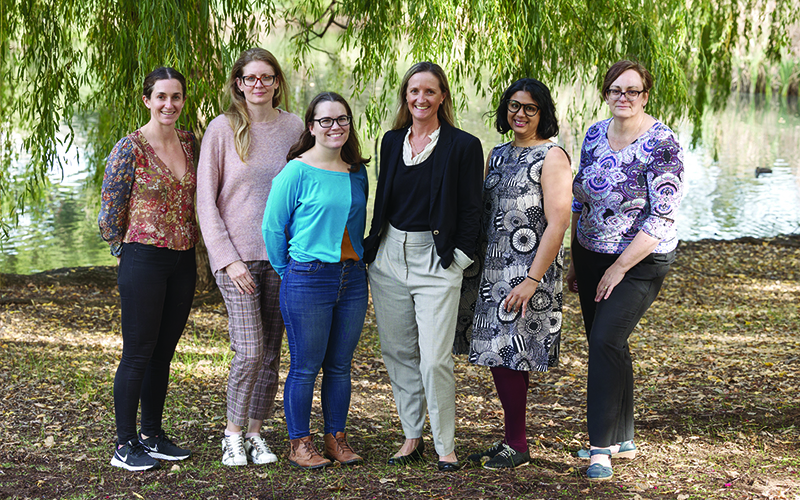
Childcare centres have flocked to take up a new evidence-based policy to help ensure young children get more of the physical activity they need to be healthy and developmentally on track.
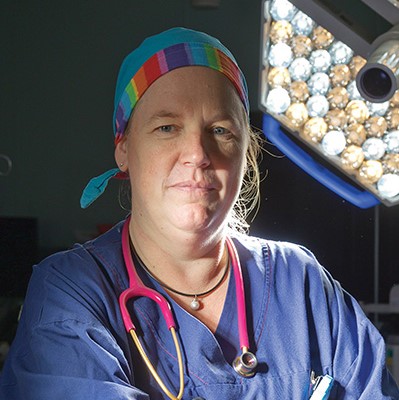
The Perioperative Medicine team has developed a unique chewable tablet that gives the child the sensation of having a full stomach, without compromising their fasting regime.
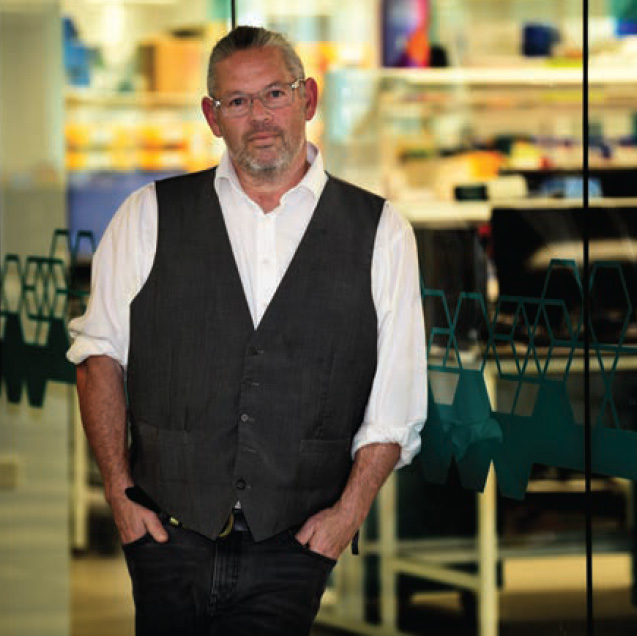
Scientific discoveries over the past 30 years mean doctors now have a deeper understanding of what causes disease and how those diseases might progress.
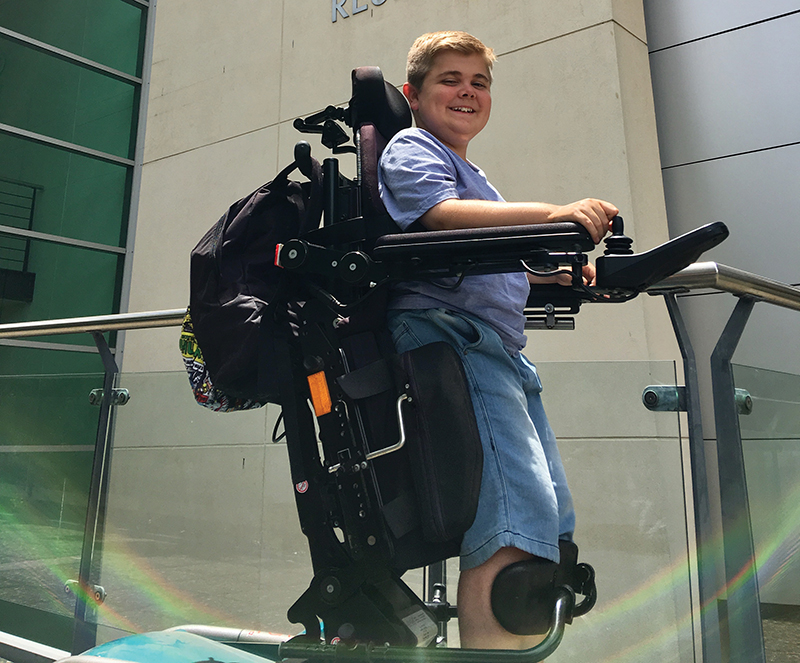
Klair Bayley knew her son Logan would eventually need a wheelchair.
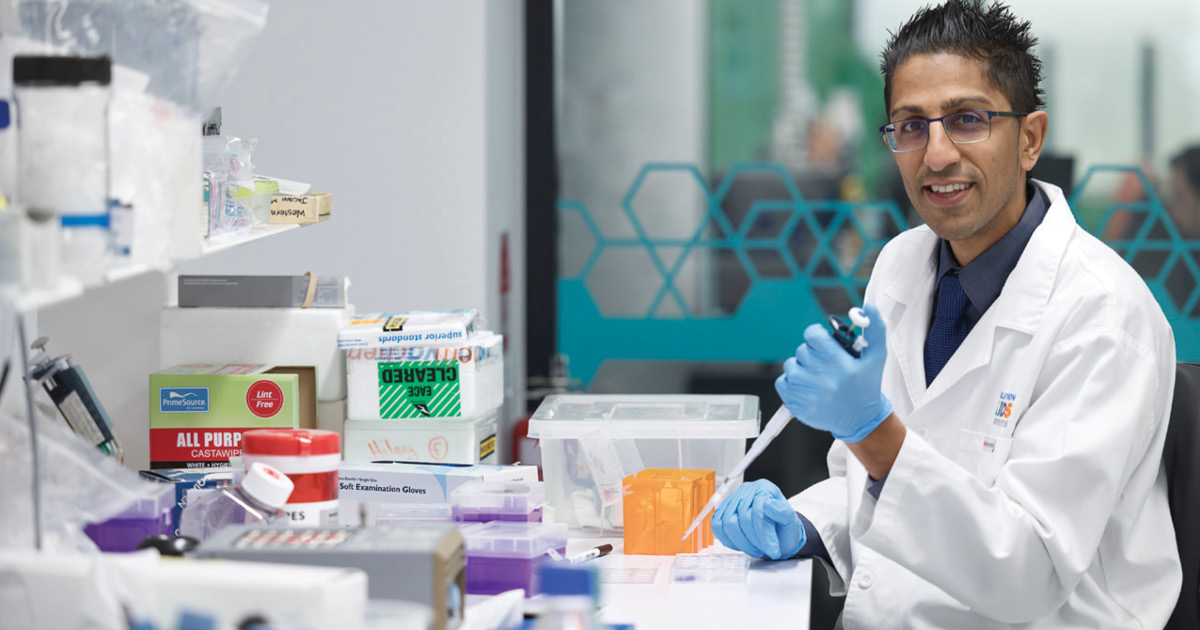
A pilot clinical study has found an immunotherapy drug can dramatically increase survival rates for babies with a rare form of leukaemia, paving the way for a major international clinical trial.
Research
Eating and exercise experiences of Australian trans and gender diverse folks: lived experience and stakeholder perspectivesTrans individuals face elevated health risks and socio-environmental challenges, influencing their engagement in health-protective behaviors (e.g. exercise and nutrition). Despite these challenges, there is a significant gap in understanding the specific eating and exercise experiences of Australian trans adults, including barriers to healthy behaviors and healthcare experiences. This study aims to address this gap by exploring these experiences, informing targeted interventions and healthcare practices to improve health outcomes.
Research
Acceptability and Implementation Challenges of Benzathine Penicillin G Secondary Prophylaxis for Rheumatic Heart Disease in Ethiopia: A Qualitative StudyMonthly intramuscular injections of benzathine penicillin G (BPG) remain the cornerstone of secondary prophylaxis for acute rheumatic fever and rheumatic heart disease (RHD). The barriers to successful delivery of BPG may be patient- or service-delivery-dependent.
Research
The relationship between non-communicable disease risk and mental wellbeing in adolescence: a cross-sectional study utilising objective measures in IndonesiaRisk factors for non-communicable diseases (NCDs, cardiovascular diseases, cancers, chronic respiratory diseases, diabetes, and mental disorders) arise in adolescence but are mostly framed as relevant to health in adulthood; little is known about the relationship between co-occurring NCD risks and mental wellbeing in young people.
Research
Predictors of poor treatment outcomes among drug-resistant tuberculosis patients in Hunan province, ChinaDrug-resistant tuberculosis (DR-TB) is a significant public health concern, often resulting in poor treatment outcomes. This study aims to identify predictors of poor treatment outcomes among patients with DR-TB in Hunan Province, China.
